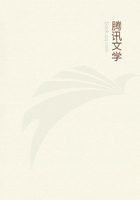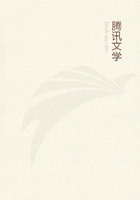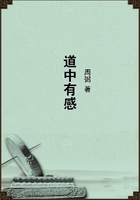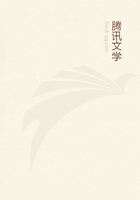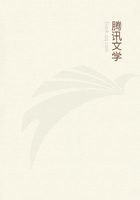The exposure, more terrible than death to a mind not lost to all sense of shame, he underwent with a hardihood worthy of his two favourite models, Dangerfield and Oates. He had the impudence to persist, year after year, in affirming that he had fallen a victim to the machinations of the late King, who had spent six thousand pounds in order to ruin him. Delaval and Hayes--so this fable ran--had been instructed by James in person. They had, in obedience to his orders, induced Fuller to pledge his word for their appearance, and had then absented themselves, and left him exposed to the resentment of the House of Commons.200 The story had the reception which it deserved, and Fuller sank into an obscurity from which he twice or thrice, at long intervals, again emerged for a moment into infamy.
On the twenty-fourth of February 1692, about an hour after the Commons had voted Fuller an impostor, they were summoned to the chamber of the Lords. The King thanked the Houses for their loyalty and liberality, informed them that he must soon set out for the Continent, and commanded them to adjourn themselves. He gave his assent on that day to many bills, public and private;but when the title of one bill, which had passed the Lower House without a single division and the Upper House without a single protest, had been read by the Clerk of the Crown, the Clerk of the Parliaments declared, according to the ancient form, that the King and the Queen would consider of the matter. Those words had very rarely been pronounced before the accession of William. They have been pronounced only once since his death. But by him the power of putting a Veto on laws which had been passed by the Estates of the Realm was used on several important occasions. His detractors truly asserted that he rejected a greater number of important bills than all the Kings of the House of Stuart put together, and most absurdly inferred that the sense of the Estates of the Realm was much less respected by him than by his uncles and his grandfather. A judicious student of history will have no difficulty in discovering why William repeatedly exercised a prerogative to which his predecessors very seldom had recourse, and which his successors have suffered to fall into utter desuetude.
His predecessors passed laws easily because they broke laws easily. Charles the First gave his assent to the Petition of Right, and immediately violated every clause of that great statute. Charles the Second gave his assent to an Act which provided that a Parliament should be held at least once in three years; but when he died the country had been near four years without a Parliament. The laws which abolished the Court of High Commission, the laws which instituted the Sacramental Test, were passed without the smallest difficulty; but they did not prevent James the Second from reestablishing the Court of High Commission, and from filling the Privy Council, the public offices, the courts of justice, and the municipal corporations with persons who had never taken the Test. Nothing could be more natural than that a King should not think it worth while to withhold his assent from a statute with which he could dispense whenever he thought fit.
The situation of William was very different. He could not, like those who had ruled before him, pass an Act in the spring and violate it in the summer. He had, by assenting to the Bill of Rights, solemnly renounced the dispensing power; and he was restrained, by prudence as well as by conscience and honour, from breaking the compact under which he held his crown. A law might be personally offensive to him; it might appear to him to be pernicious to his people; but, as soon as he had passed it, it was, in his eyes, a sacred thing. He had therefore a motive, which preceding Kings had not, for pausing before he passed such a law. They gave their word readily, because they had no scruple about breaking it. He gave his word slowly, because he never failed to keep it.
But his situation, though it differed widely from that of the princes of the House of Stuart, was not precisely that of the princes of the House of Brunswick. A prince of the House of Brunswick is guided, as to the use of every royal prerogative, by the advice of a responsible ministry; and this ministry must be taken from the party which predominates in the two Houses, or, at least, in the Lower House. It is hardly possible to conceive circumstances in which a Sovereign so situated can refuse to assent to a bill which has been approved by both branches of the legislature. Such a refusal would necessarily imply one of two things, that the Sovereign acted in opposition to the advice of the ministry, or that the ministry was at issue, on a question of vital importance, with a majority both of the Commons and of the Lords. On either supposition the country would be in a most critical state, in a state which, if long continued, must end in a revolution. But in the earlier part of the reign of William there was no ministry. The heads of the executive departments had not been appointed exclusively from either party. Some were zealous Whigs, others zealous Tories. The most enlightened statesmen did not hold it to be unconstitutional that the King should exercise his highest prerogatives on the most important occasions without any other guidance than that of his own judgment. His refusal, therefore, to assent to a bill which had passed both Houses indicated, not, as a similar refusal would now indicate, that the whole machinery of government was in a state of fearful disorder, but merely that there was a difference of opinion between him and the two other branches of the legislature as to the expediency of a particular law. Such a difference of opinion might exist, and, as we shall hereafter see, actually did exist, at a time when he was, not merely on friendly, but on most affectionate terms with the Estates of the Realm.

